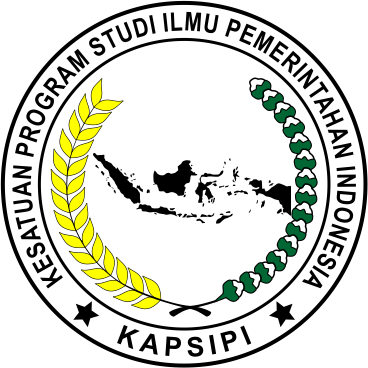Publishing System
After receiving a minimum of two review reports, the academic editor may make acceptance judgments on papers. An academic editor makes acceptance choices (the Editor-in-Chief, Associate Editor, Guest Editor, or another suitable Editorial Board member). Guest Editors are unable to make judgments on their articles, which will be allocated to an appropriate member of the Editorial Board. When making a choice, we want the academic editor to consider the following factors:
- Reviewer appropriateness;
- Adequacy of reviewer remarks and author response; and
- Overall scientific quality of the manuscript.
Accept in its existing form, accept with minor adjustments, reject and deny resubmission, reject but encourage resubmission, request revision from the author, or request an additional reviewer.
Reviewers provide suggestions, and the Editors-in-Chief or academic editors have the right to disagree. They should defend their judgment for the benefit of the writers and reviewers if they do so.
Occasionally, an academic editor may support a paper acceptance decision notwithstanding a reviewer's recommendation to reject it. Before expressing a final judgment to the authors, THE staff will seek a second independent view from a member of the Editorial Board or the Editor-in-Chief.
Only an academic editor may accept an article for publication. Employed THE personnel, who then tell the writers. Staff never makes approval decisions based on documents.
Staff or members of the Editorial Board (including the Editor-in-Chief) do not participate in the processing of their academic work. At least two impartial reviewers are appointed to modify their contributions. Other Editorial Board members who do not have a conflict of interest with the writers make decisions.
This journal is a signatory to the 2012 San Francisco Declaration on Research Assessment (San Francisco Declaration on Research Assessment) (DORA). We seek to publish all scientifically sound submissions and to avoid artificially inflating journal rejection rates, enabling the reader community to determine impact.






